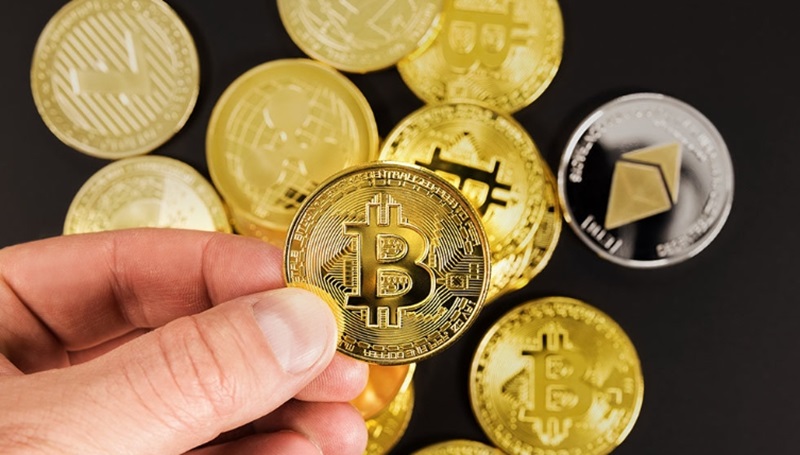It’s not uncommon to find stories from scam victims in the news media. It’s especially heartbreaking to hear the stories of people who were scammed out of their life savings. While each victim’s story is unique, the scammers’ tactics are often identical.
The most common money scam is the investment scam. “If you leave your money with us, we’ll guarantee you a high rate of interest (dividends) as well as your principal.” The promised interest or dividends are often two to 10 times the rate of a bank savings account.
A San Diego resident couple, who only asked for surnamed Lee, fell for a high-interest scam a few years ago. They were approached by an accountant they knew who offered them 12% annualized interest if they lent him money. The couple handed over a total of $170,000 over two payments but only received $12,000 back.
“Later, when we looked at the contract, we realized it was an investment. He gave us some money for a year or two, but now he’s like ‘sue me if you want’,” Lee said.
One of the most common tactics of Korean-American social investment scams these days is a cryptocurrency seminar. With rhetoric such as “mining, developing an investment/exchange mobile application, listing crypto, and building a digital mining system,” they lure middle-aged and elderly investors who are less familiar with information technology.
Another victim, Kim, in his 60s, was scammed out of $100,000. He invested in a Korean-American cryptocurrency company. “The investment method was complicated, and I didn’t understand it. They said they would give me a generous monthly dividend so that I could take care of my retirement. Afterward, the company said they ran out of money. There is no way to get it back,” he said.
Lee, also in his 60s, attended a Bitcoin seminar in Los Angeles Koreatown and was scammed out of $10,000 to $20,000 along with five acquaintances. “The scammers claimed to have developed a Bitcoin investment application and to offer services in different languages,” said Lee, adding “The promotional materials were quite convincing at the time.”
When hearing about scams like this, it’s easy to wonder, “What made them believe that they should hand over such a large sum of money?” However, the scammers’ schemes are quite sophisticated.
They lure people in with the pretense of a cryptocurrency seminar. At the seminar, they use complicated language to talk about incomprehensible concepts. It all boils down to a sweet lure, such that “The digital era is here, don’t miss out on the opportunity, invest early, and become part of the next big thing.”
First, they tout success stories of Bitcoin and Ethereum investments that are familiar to the public, and then secondly, promote Bitcoin and Ethereum investment agencies or computerized mining systems. Third, they boast of large investments and massive groups of memberships from unidentified headquarters in either South Korea or elsewhere in the United States. Lastly, they claim to have issued their own cryptocurrency or plan to go public and promise investors a guaranteed monthly dividend of 5 to 15% (50% or more annually).
The scene is not complete without supporting players and decoys. They’ll open up their bank accounts and brag about their big investments. Behind the scenes, it is a pyramid scheme that falsely promises bigger payouts if you get your family, friends, and acquaintances to invest.
One lawyer says the key to avoiding investment scams, including cryptocurrency, is to avoid falling for “confirmation bias”. The illusion of the “jackpot” can paralyze one’s ability to exercise reasonable doubt, caveat emptor, and prudence before investing.
The minimum wage in Los Angeles is $16.40 per hour, and the median household income for Korean Americans in California is $76,800. After taxes and essential living expenses, the money that can be saved purely for savings is about $1,000 to $2,000 a month. It would take the average working person a year to save $10,000. This is why it’s important to always remember how you saved your money before handing over the big bucks.

By Hyoungjae Kim
The author is a Metro/City news reporter of The Korea Daily.




![Ex-South Korean President Accused of Trying to Trigger North Korean Attack Former President Yoon Suk Yeol leaves the Seoul Central District Court in southern Seoul after the pretrial detention hearing on July 9. [JOINT PRESS CORPS]](https://www.koreadailyus.com/wp-content/uploads/2025/07/0710-Yoon-100x70.jpg)
